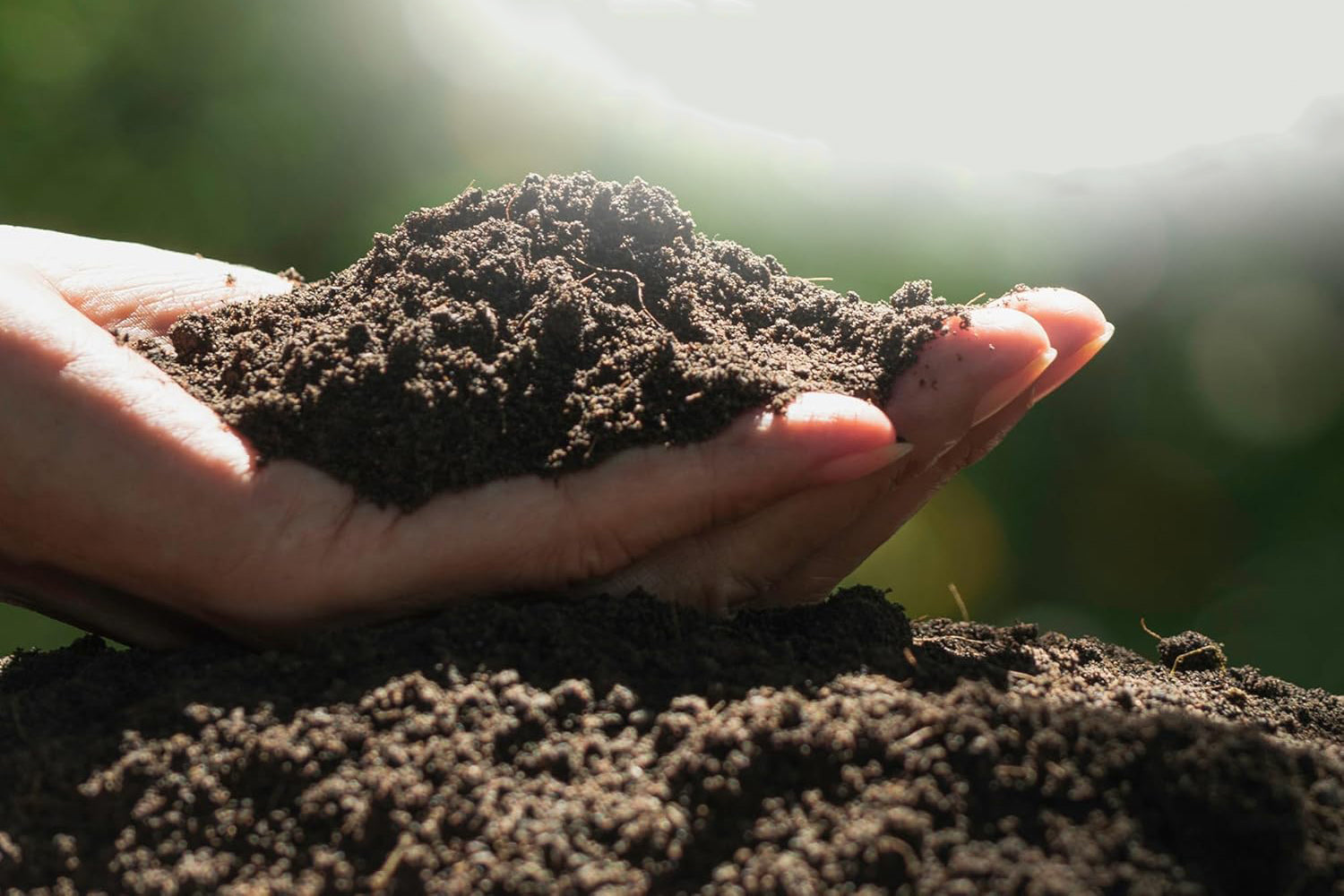What Is Biochar
- 4 min reading time
Biochar: A Sustainable Solution for Soil and Climate
What is biochar? In the quest for sustainable agricultural practices and climate change mitigation, one ancient yet innovative material is gaining renewed attention: biochar. But what exactly is biochar, and why is it considered a game-changer for soil health, carbon sequestration, and sustainable farming? This article explores the science behind biochar, its benefits, and its potential to revolutionize modern agriculture.
Understanding Biochar
Biochar is a carbon-rich material derived from organic matter such as wood, crop residues, and manure through a process known as pyrolysis. Pyrolysis is the thermal decomposition of organic material in an oxygen-limited environment, resulting in the production of biochar, bio-oil, and syngas. The biochar produced is a stable form of carbon that can persist in the soil for hundreds to thousands of years, making it an effective tool for long-term carbon sequestration.
Historically, indigenous communities, such as those in the Amazon Basin, used biochar-like materials to enrich soil, creating what is now known as Terra Preta, or "dark earth." These soils, rich in organic carbon, have retained their fertility for centuries, highlighting the long-lasting benefits of biochar.
How Biochar Benefits Soil Health
One of the primary advantages of biochar is its positive impact on soil health. Here are some key ways it enhances soil quality:
- Improved Soil Structure – Biochar’s porous structure enhances soil aeration, reduces compaction, and allows roots to access oxygen more effectively.
- Enhanced Water Retention – The porous nature of biochar helps soils retain moisture, making it particularly beneficial in drought-prone areas.
- Nutrient Retention and Availability – Biochar has a high cation exchange capacity (CEC), allowing it to hold and slowly release essential nutrients such as nitrogen, phosphorus, and potassium, reducing the need for chemical fertilizers.
- Microbial Habitat – Biochar provides a stable environment for beneficial soil microbes, promoting a healthy soil ecosystem.
Biochar as a Climate Change Mitigation Strategy
Beyond improving soil health, biochar plays a crucial role in combating climate change. The pyrolysis process locks carbon into a stable form that does not quickly decompose, unlike other organic materials. Here’s how biochar contributes to carbon sequestration and climate mitigation:
- Long-Term Carbon Storage – Biochar remains stable in the soil for centuries, effectively removing carbon dioxide from the atmosphere.
- Reduced Greenhouse Gas Emissions – Studies suggest that biochar-amended soils emit lower levels of methane and nitrous oxide, two potent greenhouse gases.
- Sustainable Waste Management – The production of biochar provides an eco-friendly way to repurpose agricultural and forestry waste, reducing the environmental burden of organic waste disposal.
Applications of Biochar in Agriculture and Beyond
The versatility of biochar makes it valuable in various fields beyond agriculture:
- Agriculture – Farmers use biochar to improve soil fertility, increase crop yields, and reduce reliance on synthetic fertilizers.
- Livestock Farming – Biochar is sometimes added to animal feed to improve digestion and reduce methane emissions from ruminants.
- Water Filtration – Due to its porous nature, biochar can be used as a filtration medium to remove contaminants from water sources.
- Construction Materials – Researchers are exploring the use of biochar in cement and other building materials to enhance sustainability and carbon storage.
Challenges and Considerations
Despite its many advantages, there are challenges associated with biochar production and application:
- Feedstock Selection – The quality and properties of biochar vary depending on the organic material used and the pyrolysis conditions.
- Production Costs – Large-scale biochar production requires specialized equipment, making initial investment costs relatively high.
-
Application Techniques – Proper application methods must be studied to ensure that biochar provides maximum benefits for different soil types and crops.
The Future of Biochar
As interest in sustainable agriculture and climate solutions grows, biochar is gaining recognition as a viable tool for enhancing soil health and reducing carbon footprints. Governments, researchers, and agricultural communities worldwide are exploring policies and initiatives to promote biochar adoption.
Innovations in pyrolysis technology, cost-effective production methods, and further research into biochar’s long-term effects will help scale up its use. By integrating biochar into agricultural and environmental management practices, we can move toward a more sustainable and climate-resilient future.
Conclusion
Biochar is more than just a soil amendment; it is a powerful tool for improving soil fertility, conserving water, and mitigating climate change. Its ability to store carbon for centuries while enhancing agricultural productivity makes it an invaluable resource in the fight against climate change and soil degradation. With continued research and investment, biochar has the potential to become a mainstream solution for sustainable agriculture and environmental conservation. Whether you are a farmer, researcher, or environmentalist, exploring the benefits of biochar could be a step toward a greener and more resilient future.



